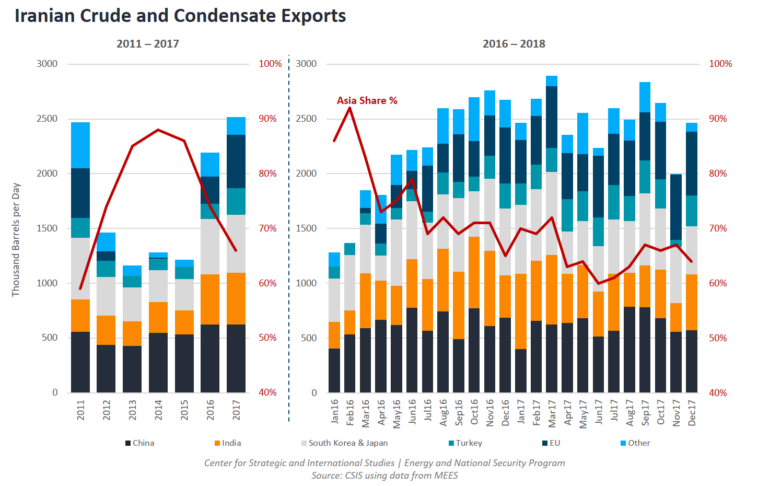Enforcing Accountability: The US Sanctions on Iran’s Oil Trade, Proxy Support, and Human Rights Violations
Severe US Sanctions Undermine Iran’s Economic and Petrochemical Sectors
The US’s recent rigorous sanctions against Iran on December 19, 2024, serve as a powerful reminder of international adjudication against infractions. These sanctions, targeting the country’s pivotal economic sectors, act as an instrument in the broader strategic schema to counteract Iran’s destabilizing activities and bring its regime to account.
The manifestation of these sanctions includes the Department of State imposing restrictions on four entities associated with Iran’s oil transportation, thereby marking their vessels as blocked property. In a congruent effort, the Treasury Department enforced sanctions on four more entities and identified three vessels connected to Iran’s petroleum and petrochemical sectors.
Iran’s Oil Revenue: Financing Its Malign Activities
The intent behind the US’s focused measures on Iran’s vast energy sector lies in the objective of hindering a significant revenue source. This revenue extensively finances Iran’s negative undertakings, including terrorism and regional destabilization efforts.
Secretary of State Antony J. Blinken stressed the unwavering commitment of the US to repress Iran’s capacity to exploit its energy sector for harmful purposes. This pertains specifically to funding its illicit activities, the repercussions of which have been affecting stability in the Middle East for years.
Estoppel of Smuggling and Arms Trafficking: The US’s Strategic Move
Apart from oil sanctions, the Treasury Department extended sanctions to twelve individuals and entities linked extensively to smuggling, arms trafficking, money laundering, and the illegal shipment of Iranian petroleum to disrupt the financial and logistical support for armed proxies that threaten stability in the Middle East. These operations have primarily benefited Ansarallah, commonly known as the Houthis, a designated terrorist organization.
Ghezel Hesar Prison: A History of Human Rights Abuses
The prominent sanction in these series of actions is the delineation of Ghezel Hesar prison under section 106 of the Countering America’s Adversaries Through Sanctions Act (CAATSA). This prison located in Karaj, Iran, has a dreadful history of human rights abuses.
Built in the 1960s, this facility has evolved from a common criminal prison into a hub for political prisoners post the 1979 Islamic Revolution. Over the years, the notorious facility has accommodated massive overcrowding, unsanitary conditions, and widespread abuse. In addition, its role in suppressing political opposition increased in the 1980s, marking an epoch of mass executions of political adversaries.
Continued Human Rights Violations at Ghezel Hesar
Fast-forward to recent years, and the prison continues as a centrifugal point for interpersonal repression. People suspected of “anti-government” activities, including activists and journalists, are often detained in harsh conditions. Executions continue to garner international censure, with the facility’s execution chamber described as one of the busiest in Iran, often used for politically-motivated or drug-related executions- crimes that routinely lack fair trial standards.
The U.S. Commitment to Human Rights and Regional Stability
The newly implemented U.S. sanctions against Ghezel Hesar Prison and the broader measures directed at Iran’s economic and logistical networks emphasize a high global commitment to human rights. They serve as a sober reminder of the persisting challenges in handling Iran’s intricate blend of internal repression and external aggression. By leveraging economic and political tools, the United States aims to pressure the Iranian regime into altering its behavior, signaling solidarity with the Iranian people.
Implications and the Path Ahead for Iran
These measures shed light on the continuous oppression experienced by the people within Iran’s tyrannical system. Global focus must remain adamant on those who endure hardship under Iran’s repressive regime, while seeking to harmonize international law with state sovereignty and the pursuit of justice and human rights for all. The road ahead involves careful planning, but hopefully, the measures taken will lead to improved conditions and an eventual cessation of these abuses.
Originally Post From https://irannewsupdate.com/news/sanctions/sanctioning-iran-oil-trade-proxy-support-and-human-rights-violations/



